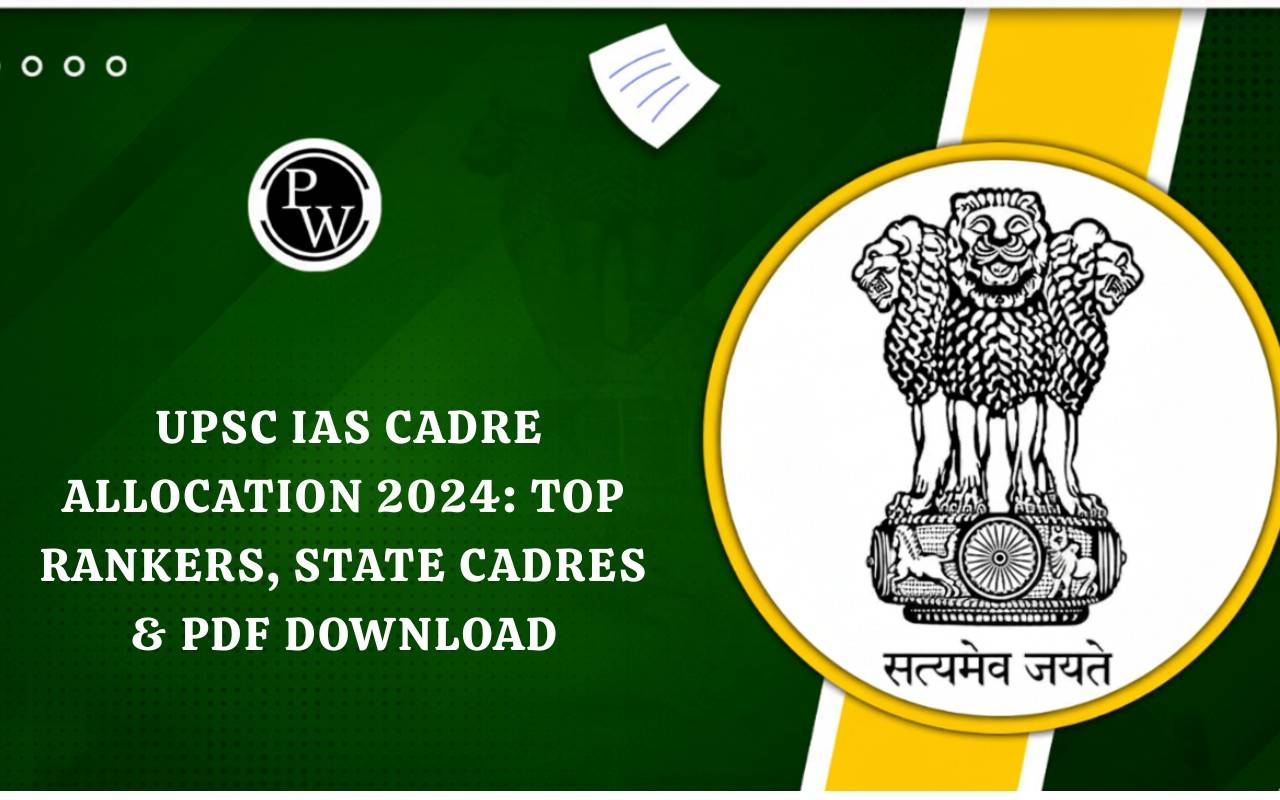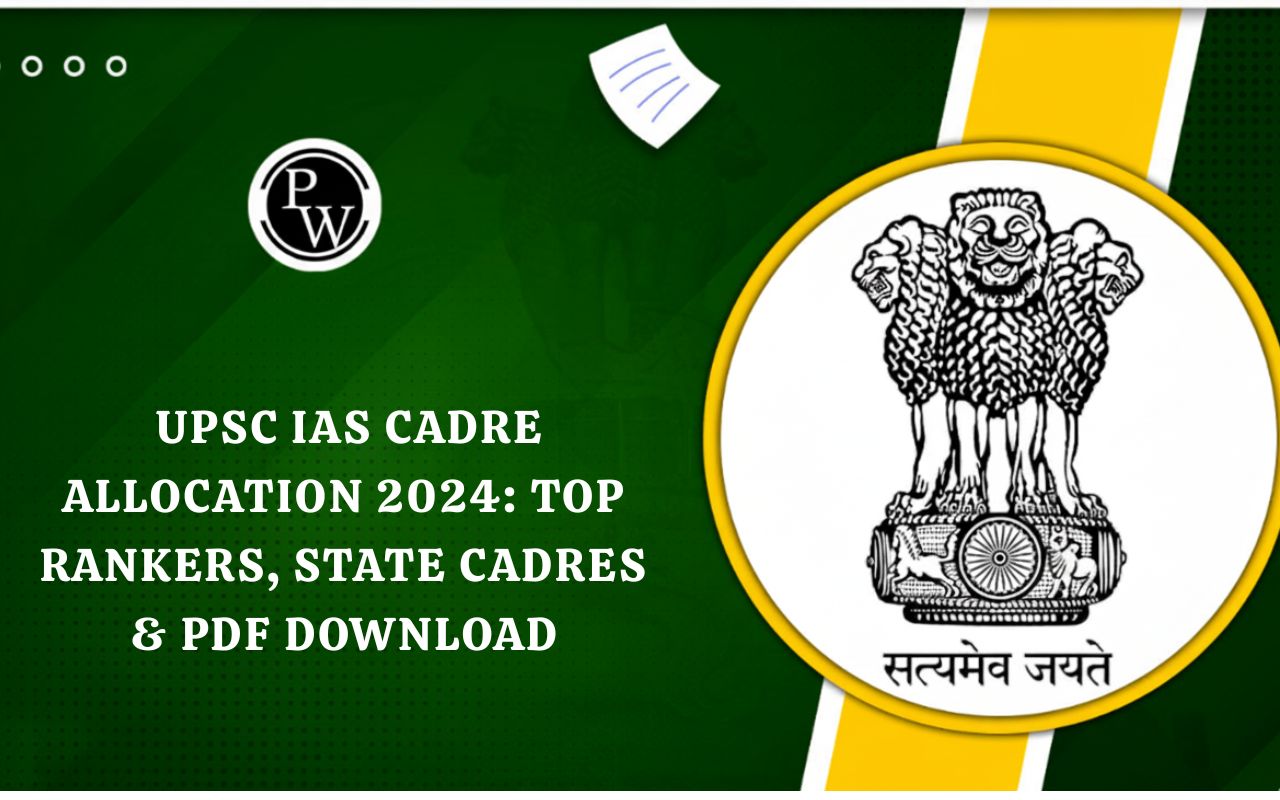
The National Commission for Scheduled Tribes (NCST) is celebrating its 22nd Foundation Day. NCST is a constitutional body created to safeguard and promote the rights of Scheduled Tribes (STs) in India. It plays a crucial role in advising the government on policies related to the socio-economic development of STs and functions as a watchdog to ensure justice and equal rights.
For UPSC aspirants, understanding the NCST’s role, evolution, functions, and powers is essential, as questions on constitutional bodies in India can be asked in the exam. Learn about the establishment, structure, duties, and powers of the National Commission for Scheduled Tribes.NCST Foundation Day 2025
NCST is celebrating its 22nd Foundation Day, marking over two decades of dedicated efforts towards the welfare and development of Scheduled Tribe communities. The occasion was highlighted by speeches from Union Minister for Tribal Affairs, Shri Jual Oram, and NCST Chairperson, Shri Antar Singh Arya, who emphasized the Commission’s ongoing initiatives and accomplishments.
These include monitoring the Forest Rights Act, promoting educational programs like Eklavya Model Residential Schools, and addressing the needs of Particularly Vulnerable Tribal Groups. NCST Foundation Day 2025 event also featured discussions on tribal community progress, skill development, and entrepreneurship, showcasing the Commission’s commitment to social justice and holistic growth.
NCST Full Form
The NCST full form is the National Commission for Scheduled Tribes. The National Commission for ST is central to the Indian government’s efforts to uplift and empower Scheduled Tribes across the country. It works to ensure that these communities receive adequate benefits from state and central government schemes, as well as protection from social discrimination.|
National Commission for Scheduled Tribes |
|
| Constitutional Provision | Article 338-A |
| Composition | Chairperson, Vice-Chairperson, and three other members. |
| National Commission for Scheduled Tribes Chairman | Antar Singh Arya |
| Ministry | Ministry of Tribal Affairs |
| Appointment | Appointed by the President |
| Tenure | 3 years |
| Post-Tenure Appointment | Not eligible for more than two terms. |
| Reporting | Annual reports to the President |
What is National Commission for Scheduled Tribes?
The National Commission for Scheduled Tribes (NCST) is a constitutional body responsible for monitoring and safeguarding the rights of India’s Scheduled Tribes. It was constituted under Article 338A of the Constitution of India. The NCST monitors policies, safeguards, and schemes implemented for STs to ensure they receive fair treatment and equal opportunity in Indian society.|
Who Are Scheduled Tribes? Scheduled Tribes refers to those tribes or tribal communities that are officially recognized and listed as such under Article 342 of the Indian Constitution. Article 342 empowers the President of India to notify the communities that are to be considered Scheduled Tribes based on factors like socio-economic backwardness and cultural distinctiveness. |
Evolution of National Commission for Scheduled Tribes
The evolution of the NCST can be traced back to earlier provisions in the Indian Constitution, starting with the Special Officer for SCs and STs:- Special Officer for SCs and STs: Initially, Article 338 of the Constitution provided for a Commissioner for SCs and STs, tasked with investigating constitutional safeguards and reporting to the President.
- 65th Constitutional Amendment (1990): Article 338 was amended to establish a high-level National Commission for SCs and STs, replacing the Commissioner.
- 89th Constitutional Amendment (2003): Article 338 was amended, creating Article 338-A, bifurcating the Commission into two separate bodies:
- National Commission for Scheduled Castes (NCSC) under Article 338
- National Commission for Scheduled Tribes (NCST) under Article 338-A
Constitutional Provision for NCST
The National Commission for Scheduled Tribes derives its powers and functions from Article 338A of the Indian Constitution. This article defines the framework within which the NCST operates and mandates: (1) There shall be a Commission for the Scheduled Tribes to be known as the National Commission for the Scheduled Tribes. (2) Subject to the provisions of any law made on this behalf by Parliament, the Commission shall consist of a Chairperson, Vice-Chairperson, and three other Members, and the conditions of service and tenure of office of the Chairperson, Vice-Chairperson and other Members so appointed shall be such as the President may by rule determine. (3) The Chairperson, Vice-Chairperson, and other Members of the Commission shall be appointed by the President by warrant under his hand and seal. (4) The Commission shall have the power to regulate its own procedure .
Composition of NCST
The composition of the National Commission for Scheduled Tribes (NCST) consists of a Chairperson, a Vice-Chairperson, and three other members, all of whom are appointed by the President of India by warrant under his hand and seal. The rank of members is equivalent to:- Chairperson: Holds a Cabinet Minister rank.
- Vice-Chairperson: Holds a Minister of State rank.
- Three Members: Holds the rank of Secretary to the Government of India.
Tenure of NCST
The tenure of NCST members, including the chairman of the National Commission for Scheduled Tribes, is three years. Members of the commission can not be reappointed for more than two terms. During this time, they are expected to serve the interests of the tribal community by addressing grievances, evaluating policy impacts, and making recommendations for improvement.Duties and Functions of NCST
The National Commission for Scheduled Tribes functions are extensive and encompass various duties. The NCST’s main responsibilities include:- Safeguard Monitoring: Ensuring the effective implementation of safeguards under the Constitution or other laws meant for STs.
- Inquiry and Investigation: Addressing grievances or complaints regarding the rights of STs.
- Reporting to the President: Preparing annual and special reports with recommendations to improve the status and rights of STs.
- Socio-Economic Advice: Advising the government on measures for socio-economic development, educational advancement, and other welfare initiatives.
- Oversight of Atrocities: Monitoring and reporting cases of atrocities and discrimination against STs, recommending actions to curb such practices.
Powers of NCST
The powers of NCST are substantial, providing it with the authority to act in the best interests of Scheduled Tribes. Some key powers include:- Investigative Authority: The NCST can investigate complaints about ST rights violations and issue recommendations.
- Summoning Power: It can summon individuals, examine documents, and require the production of evidence.
- Policy Influence: The NCST’s recommendations hold significant weight, influencing the development and implementation of laws and policies related to STs.
- Enforcement Powers: NCST can recommend disciplinary actions against individuals or institutions that violate ST rights or policies.
- Report Submission: It submits reports to the President, who then tables them before both Houses of Parliament, providing insights and recommendations on ST welfare.
National Commission for Scheduled Tribes FAQs
What is the National Commission for Scheduled Tribes?
When was the National Commission for Scheduled Tribes established?
Who is the chairman of the National Commission for Scheduled Tribes?
What are the main functions of the National Commission for Scheduled Tribes?
What is the tenure of the National Commission for Scheduled Tribes members?










